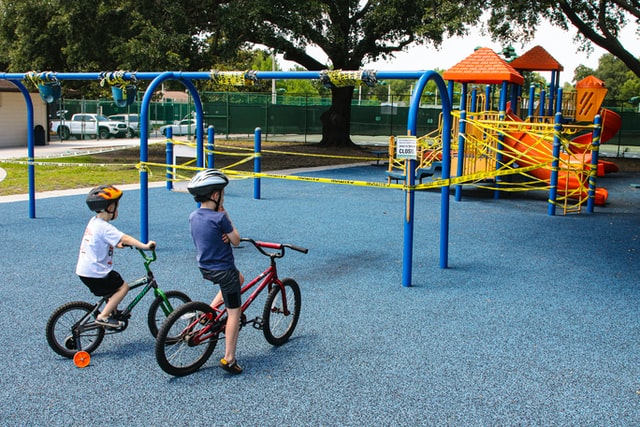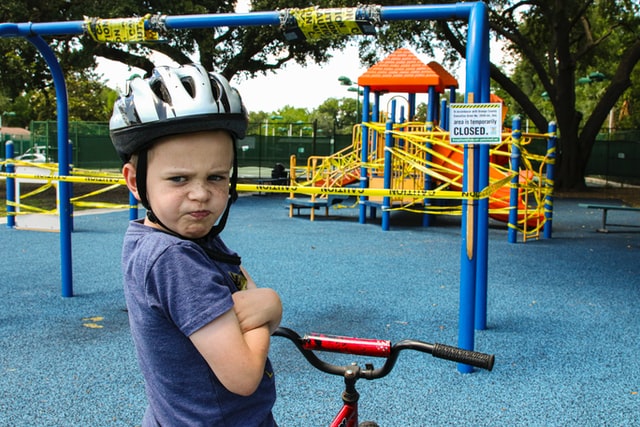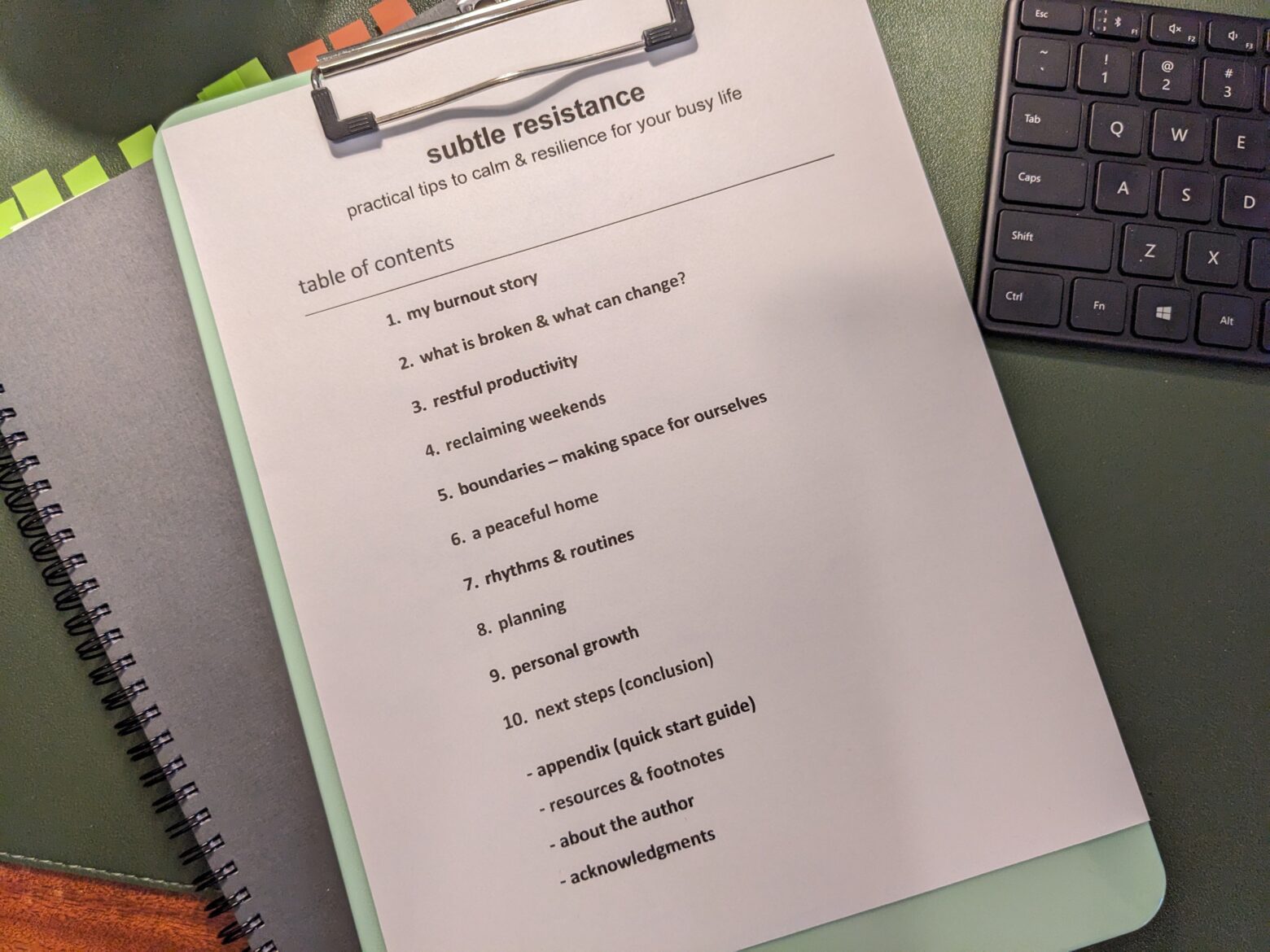I love plans, routines, schedules, charts, lists… all of it! But I also understand that I am not the all-powerful Oz who knows everything that will happen or take place. This means that while I can attempt to plan for all contingencies and events, it is impossible to do so. Kids get worn out, it starts raining, things fall apart, traffic cause delays, and moms run out of coffee and patience.
There will be situations where we need to reset our expectations and change our plans.
I have a favorite phrase with Erin (one of my best friends) that we use for these kinds of scenarios:
“I will choose to PIVOT!!”
While plans and expectations get us heading towards something great, we also need to be flexible and adjust to what is currently true.


Article Outline:
- My Story
- The Definition of a Pivot
- Questions
- Kind of Pivots
- A Prayer for You
My Story –
In all the difficulty and change of 2020, we were all asked to pivot in many ways. In May of last year, I felt so discouraged when summer vacation started. All of the events we had scheduled on our calendar were canceled. It was another area during the Covid restrictions when I could not rely on my usual plans. I realized that we would not get to go out places with the kids, swim at the community pool, or have anything scheduled with friends. The empty calendar screamed at me, my kids were grumpy, my productivity dropped, and I felt so frustrated.
That was when I made this valuable discovery.
I create plans so that I have a place where I can pivot.
Without plans, I feel disorganized, confused, discouraged, and unanchored. I need a structure in place that I can make adjustments to. Yes, my summer in 2020 looked different than others in the past. But, I could still make some plans, then hold them loosely, and let them change.
The Definition of a Pivot –
A Pivot is defined as: pivot, v. To turn on, or as if on, a pivot; (Military) to swing round a central point during a maneuver. Also figurative: to depend on, to hinge on. To provide with a pivot; to mount on, or attach by means of, a pivot or pivots; to hinge. To turn or swing (a person or thing) as on a pivot.The definition of Adjustment is “a correction or modification to reflect actual conditions”
Erin Defines Pivot as: making a forced turn when your plan was to go straight.
Questions-
What to ask ourselves when things get messy:
- Can I stop, take a deep breath and count to 10?
- How fast is my heart rate right now?
- Can I calm my breathing and relax my neck and shoulders?
- What is most important to me right now?
- What is the best part of this situation and how can I expand that?
- What are the basic needs right now?
- Is someone hungry, do we all need water and a spot to sit for a few minutes?
- What can I do to bring down the level of emotions happening around me?
- What do I actually have time for?
- What can I delegate, let go of, or do tomorrow?
- How is my tone of voice or my actions affecting others?

When we decide what needs to change, it can be difficult. It might mean a loss of something the kids were looking forward to or skipping an evening at home relaxing alone. It will probably require more energy from me as the parent and definitely more patience.
I will have to choose positivity or acceptance. Or I end up miserable in the pivot and it will be worse.
My attitude as the mom shapes the experience for my family. If I am angry, grumpy, and sarcastic it will ruin the whole afternoon for everyone. (I know this from lots of experience.)
So, we stop. Take a deep breath. We adjust and we pivot.

What comes next?
We make new plans and change our mindset.
- How can I make the most of this pivot?
- What is the value of this new change in my schedule?
- Can this pivot actually benefit me or others?
- How can I make it work to my advantage?
- In the big picture of life, what is important right now?
- After this adjustment I make, is there a positive pivot I can do later to make up for what was lost in my plans?
Kinds of Pivots –
Erin and I have identified 3 types of Pivots that we make as moms (specifically “Moms Who Love Planning”)🙂
- The Forced Pivot – I have no choice. I must make an adjustment.
- Needing to Pivot – The plan is not working, something needs to change.
- Choosing to Pivot – Another option looks better than these plans, so let’s adjust.
Let us explain.
1. The Forced Pivot – I have no choice. I must make an adjustment.
These are all things that we can not put into our schedule. They just happen.
It is part of life and part of being human. Adjusting our plans while trying to salvage what was most important is so hard! We all do the best we can at the moment with what we have.
- Kids get sick
- roads have construction closers
- amusement parks close early
- someone feels carsick or needs a bathroom stop
- reservations get canceled
- it starts raining
- car crashes happen
- job loss
- an arm gets broken on the playground
- a grandparent calls with an emergency

We must give ourselves grace and move forward. Being flexible grows over time. We are teaching ourselves how to make changes and our kids are watching and learning from us. Be honest with what is happening right now. Pick up the pieces and do what you can.
2. Needing to Pivot – The plan is not working, something needs to change.
This pivot is all about flexibility. The plan was good but I now recognize a new need that must to be met. A different need has surfaced. My needs or my kids’ needs have changed. The original plan was a good plan, however, something needs to take its place.
My needs, or the needs of those around me, supercedes the plan. Needs have come up that I could not have anticipated when I made the original plans.
Some Examples:
I realize that the chicken I wanted to make for dinner went bad and so I need to order pizza or go to the grocery store.
On a camping trip to Roosevelt Lake we had planned to go kayaking. When we got there we realized that the water was very deep off the shore, the wind was very strong, the water was very cold, and our younger kids were scared of climbing all the rocks by the water. So we did a pivot. That weekend we went on long walks on the surrounding trails instead. They played with scooters on the paved pathways and we found a campground playground. As a family we needed to pivot to have an enjoyable weekend. Our original plan wouldn’t be the relaxed fun we had anticipated.
Another pivot is choosing to not do school on a random Thursday morning. Sometimes we stay home or go out based on the needs of the kids or myself. Every now and then a day comes along were we need a change. So we skip school lessons for the morning and go out for “an adventure day”. We do nature study drawings at a local Riparian Preserve, or we go to a splash pad park, or we take a long bike ride and get icecream.
Sarah Makenzie calls these days “Just Because We Can Days”. In her book Teaching From Rest, she shares the importance of having balance and putting the most important things first. She shares solutions to the spots where most homeschoolers get stuck.Here is her article written on this topic. You should visit Read Aloud Revival for all kinds of great material and inspiration!
Questions to ask:
- What is most important right now? How can I go after that knowing what I know right now?
- What needs to be accomplished?
- Where do we need to be or where should we go?
- How can I make the most of this afternoon?
- If I were a kid, what decision would I want my mom to make for me?
- What can I do right now to choose relationships over tasks and deepen connection in my family?

3. Choosing to Pivot – Another option looks better than these plans, so let’s adjust.
This Pivot is rooted in reflection, growth, and learning about personal boundaries. It is a decision made after some conversations with your best friend, your husband, and time in prayer. Something is hurting me. A lifestyle, a planned schedule, a behavior, lacking a relationship boundary, eating habits, a parenting choice, or an old routine.
I could choose to stay in this but where I am heading is not benefiting me or my family like it used to. I now have a choice to continue or to pivot.
Some Examples:
A friendship that no longer works for me. We have moved in different directions, we no longer have the same things in common.
Food choices – No longer eating fast food on Saturday evenings. Either because of budget choices or diet changes. Choosing to eat a homemade healthy meal instead.
Routine – Getting up early or going to bed late when I have a new work schedule that has changed my routine.
Family tradition – Deciding to not attend The Nutcracker Ballet with Grandma because now I have small children who could not enjoy that expensive event.
I can choose to make an adjustment. Something has changed that makes that decision not beneficial anymore. I now have a choice to stay in it, to continue, or to pivot.
Life Pivot: the advanced level
Life pivots are on a bigger scale and they affect your whole life. These changes are more than just a day or moment. The effects of this decision will make changes for months or years.
Some Examples:
Job change, a move, relationship changes, going back to college, full-time RV, smaller house, bigger home, career path, starting a new hobby, parenting dynamics, choosing counseling, going to a different church, a major financial decision, choosing to homeschool, or ending a relationship.
After much frustration and pain, you realize that life is heading in a direction you do not want to go.
Your eyes are opened and you see that:
- “I’m not happy with ________.”
- “________ no longer fits my passions.”
- “_________ is no longer healthy for me.”
- ” In 5 years I do not want ________ to be part of my life.”
- ” I want to be someone who is known by _______. Now I need to make this change to move toward that goal.”
- My whole life has to pivot.
This is the advanced level of the Pivot. If you need help on decision making in this area I highly recommend Emily P. Freeman’s book The Next Right Thing and her podcast.

When we choose to adjust we teach our children (and ourselves) that we can make mistakes, that changes are okay, that perfection is not expected, and that we can focus on what is most important. We can work on letting go of the other stuff.
This builds an environment of learning and kindness. We extend grace to those around us and ourselves. It also means that we are admitting that we are not all-powerful and all-knowing. God is. I am finite and I have my limits. My plans are simply a direction to move towards until I am prompted to change course.
Our Prayer for You:
Jesus, You are the only one who knows all the things that we will encounter tomorrow. Help us hold our plans loosely so that we can trust in your guidance. Help us trust You with our hopes and dreams. And with our big goals and our small to-do lists. You know what truly matters and what is eternally important. You see the hearts of our children and the frustrations that we hold. Thank you for loving us as we are in the midst of all we try to do. Draw us close to Your generous heart and Your kind spirit. Help us plan well so that we are headed towards what matters for our family. Show us how to pivot well so that we can adjust with grace and patience. Amen!
You are not alone in this! We hear you, we see you. We know how hard it is to do all the things and be a mom who cares for her kids well.
Every step forward counts! We are cheering for you!
Take care, April & Erin
Erin Paige works in behavioral health. She has a master’s degree in professional counseling and has been working with mental health agencies for over 9 years. She is always pushing herself to be a better mom for her 2 girls and is a healthy well-rounded person. I am thankful for her friendship and excited that she was willing to share this cool concept of the pivot with you all.
-
What is “Subtle Resistance”?
When we are surrounded by specific norms, we no longer see them as optional but as “the way life is”. I want to challenge a few of those… Let’s jump right in! Here is how I define these words in the beginning pages of my book: subtle – (adj.) nuanced, delicate, skillful, laid back (verb)……
-
6 Quick Tips for Planning Weekend Trips
How to plan your Weekend RV/Camping Trips so that they actually happen.🙂 In our family, we want weekend RV trips to occur frequently. But this takes some planning and some intention. Weekends away do not magically appear (nor does the budget to pay for campsites, or time to pack). I have discovered there are specific……










